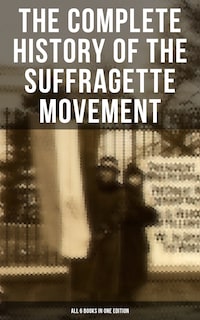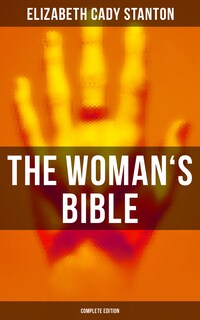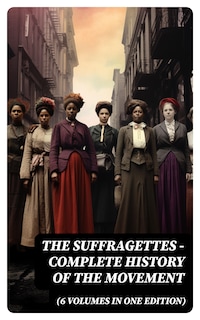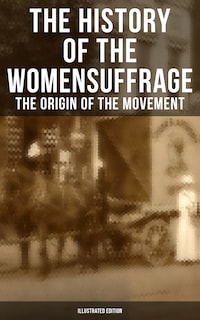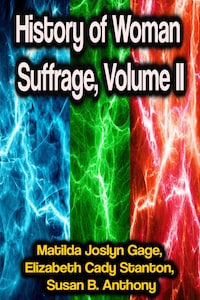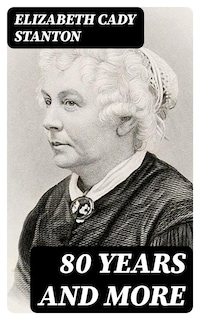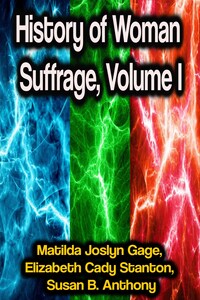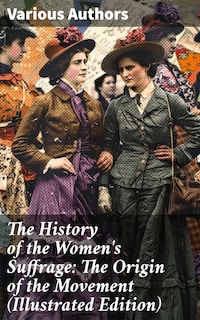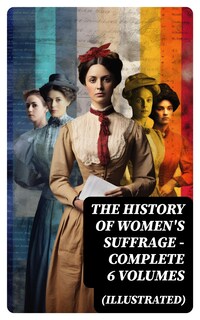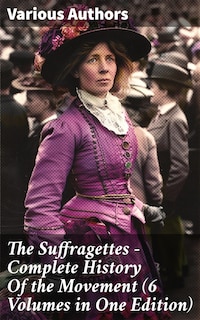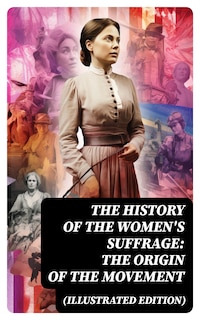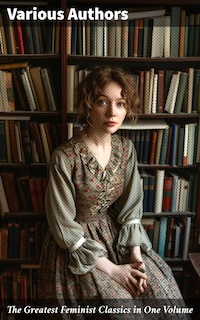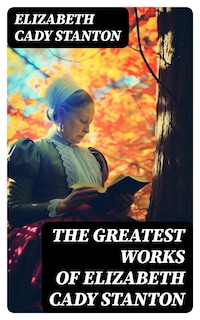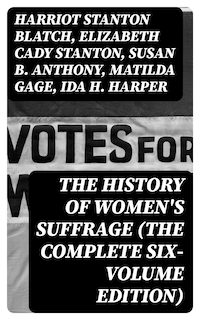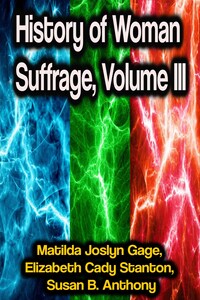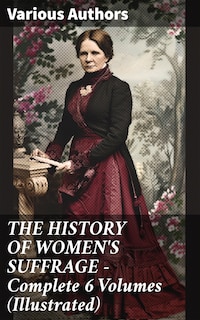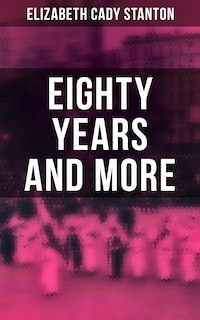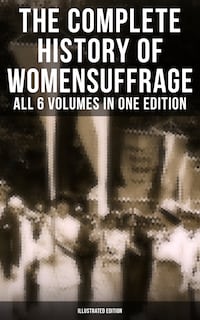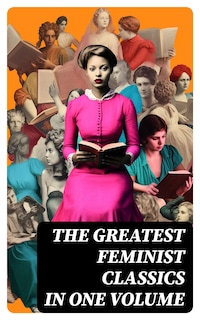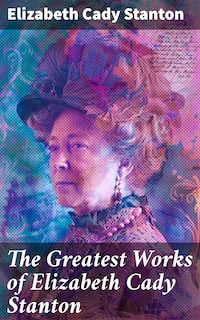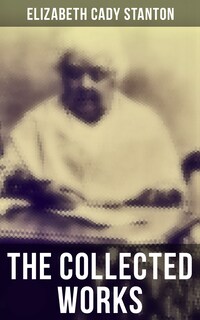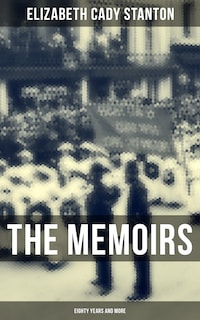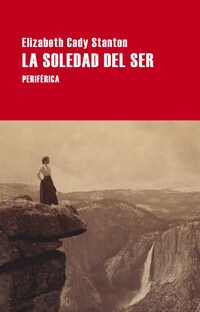The Woman's Bible
Description of book
In "The Woman's Bible," Elizabeth Cady Stanton boldly reinterprets biblical texts from a feminist perspective, seeking to reclaim the narrative surrounding women's roles in religious scripture. Written during the late 19th century—a period marked by burgeoning women's rights movements—Stanton employs a critical literary style that combines theological analysis with personal reflection. The book challenges patriarchal interpretations of the Bible, offering readers a radical approach that encourages a reassessment of traditional religious doctrines that historically marginalized women. Stanton's work not only addresses scriptural passages but also serves as an essential commentary on the socio-political context of her time, aiming to spark dialogue on the intersection of gender and faith. Elizabeth Cady Stanton (1815-1902) was a prominent suffragist, social activist, and a key leader of the American women's rights movement. Her experiences advocating for women's rights and social justice undeniably influenced her writing. Stanton's deep understanding of religious texts and her passionate commitment to female empowerment culminated in this significant work, which was controversial in its day and has continued to inspire feminist discourse for over a century. "The Woman's Bible" is not only a critical text for understanding the evolution of feminist theology but also a heartbreaking reminder of the struggles women faced. It is indispensable reading for those who are interested in religion, women's studies, and social justice, encouraging modern readers to reconsider the narratives that have shaped societal attitudes towards women in faith.
 Elizabeth Cady Stanton
Elizabeth Cady Stanton 459 Pages
459 PagesThe book The Woman's Bible and over 1 million other books
from €99/month
Fill your life with stories


